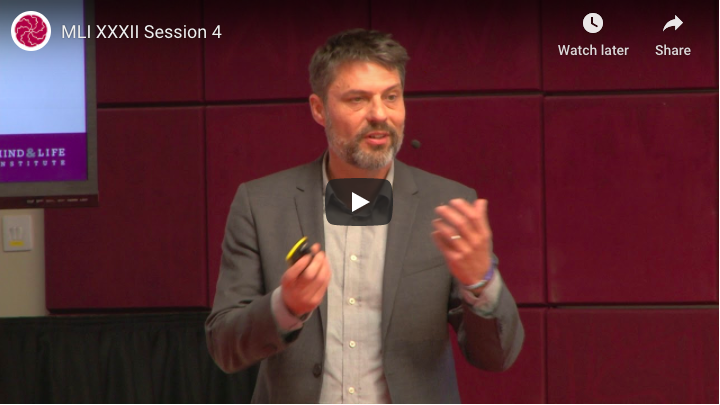Relations between groups can be peaceful and mutually beneficial. Human groups co-exist, trade goods and care for one another. But relations between groups can also be competitive, and sometimes violent. Indeed, the human ability to care for “us” (our in-group) often seems to coincide with an ability to compete against “them” (out-groups). In our work we try to understand better how specific neuro-hormones found in the human brain influence this dual ability to care for “us,” and to be aggressive towards “them.” We discovered, first, that the motivation to care for our in-group, is related to the amount of the hormone oxytocin released into the brain, and the brain networks with which oxytocin interacts. Second, we discovered that oxytocin is also involved when we need to aggressively protect ourselves, and those who depend on us, against threatening out-groups. Thus, caring for “us” and aggressing “them” often coincides, seems to be shared between the sexes, and is under the influence of basic hormones produced in our brains. It follows that if groups are not threatening towards one another, the human biology enables care without aggression. One key question is how we can develop group relations in ways that lack threat and enable peaceful coexistence.

Carsten K.W. De Dreu
Carsten de Dreu is Professor of Psychology at Leiden University and is affiliated with the Center for Experimental Economics and Political Decision Making at the University of Amsterdam. He is … MORE

Theo Sowa, CBE
African Women’s Development Fund
Theo Sowa is an independent advisor and consultant, specialising in international social development with a particular emphasis on children’s rights and protection issues. She is currently the CEO of the … MORE


